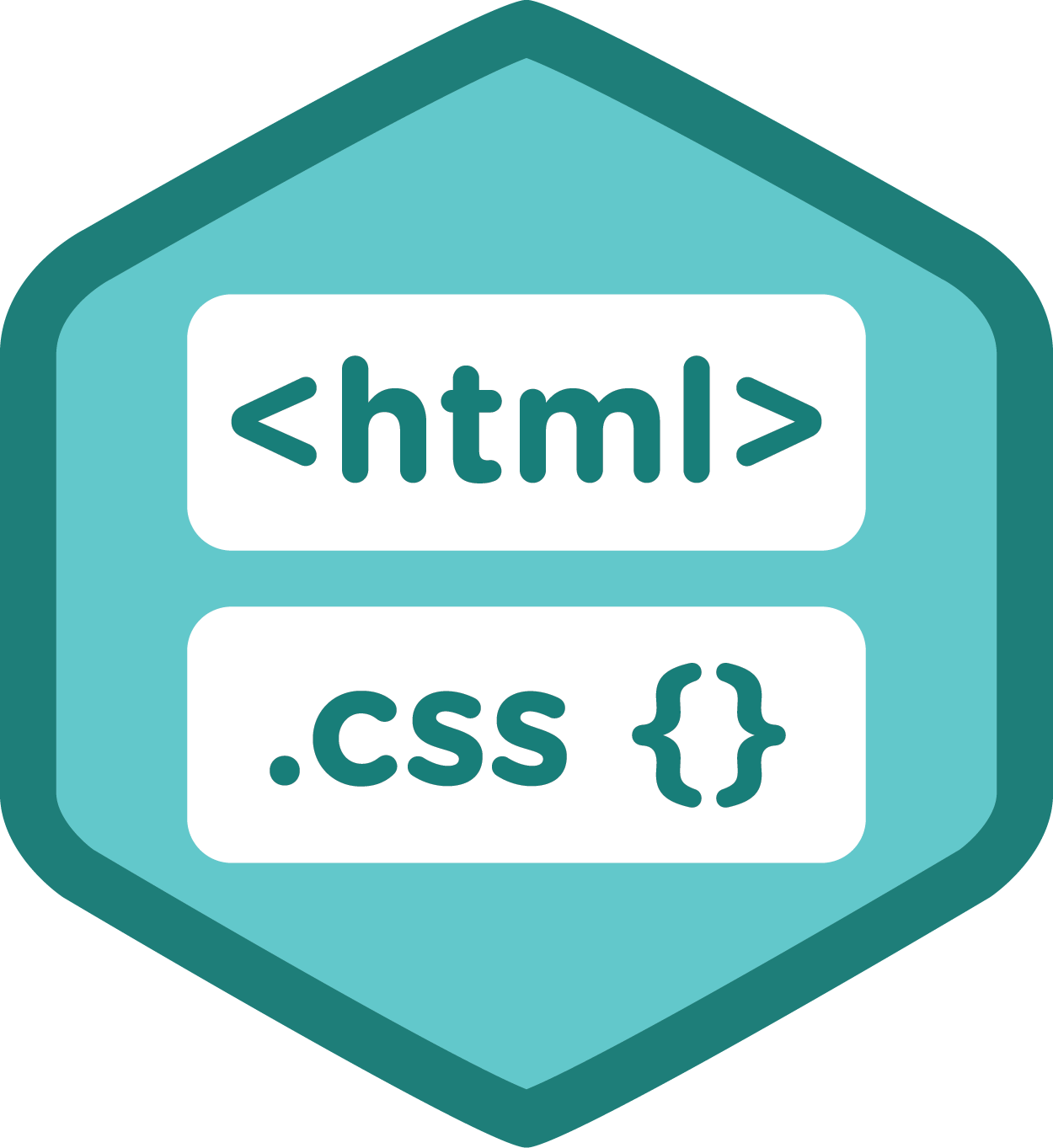Hypertext Markup Language (HTML) is the standard markup language for creating web pages and web applications. With Cascading Style Sheets (CSS) and JavaScript it forms a triad of cornerstone technologies for the World Wide Web. Web browsers receive HTML documents from a web server or from local storage and render them into multimedia web pages. HTML describes the structure of a web page semantically and originally included cues for the appearance of the document.
HTML elements are the building blocks of HTML pages. With HTML constructs, images and other objects, such as interactive forms, may be embedded into the rendered page. It provides a means to create structured documents by denoting structural semantics for text such as headings, paragraphs, lists, links, quotes and other items.
Eligibility
Anybody with a Basic knowledge of computer . There is no age boundary.
50% off
HTML consists of a series of short codes typed into a text-file by the site author — these are the tags. The text is then saved as a html file, and viewed through a browser, like Internet Explorer or Netscape Navigator. This browser reads the file and translates the text into a visible form, hopefully rendering the page as the author had intended. Writing your own HTML entails using tags correctly to create your vision. You can use anything from a rudimentary text-editor to a powerful graphical editor to create HTML pages.
Well, it depends on what you want from it. Knowing HTML will take only a few days of reading and learning the codes for what you want. You can have the basics down in an hour. Once you know the tags you can create HTML pages. However, using HTML and designing good websites is a different story, which is why I try to do more than just teach you code here at HTML Source — I like to add in as much advice as possible too. Good website design is half skill and half talent, I reckon. Learning techniques and correct use of your tag knowledge will improve your work immensely, and a good understanding of general design and the audience you’re trying to reach will improve your website’s chances of success. Luckily, these things can be researched and understood, as long as you’re willing to work at it so you can output better websites. The range of skills you will learn as a result of running your own website is impressive. You’ll learn about aspects of graphic design, typography and computer programming. Your efficiency with computers in general increases.You’ll also learn about promotion and your writing will probably improve too, as you adapt to write for certain audiences.
